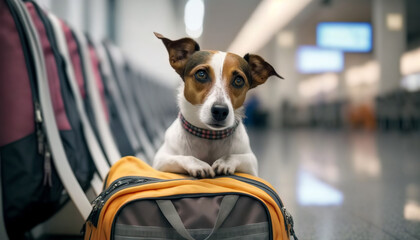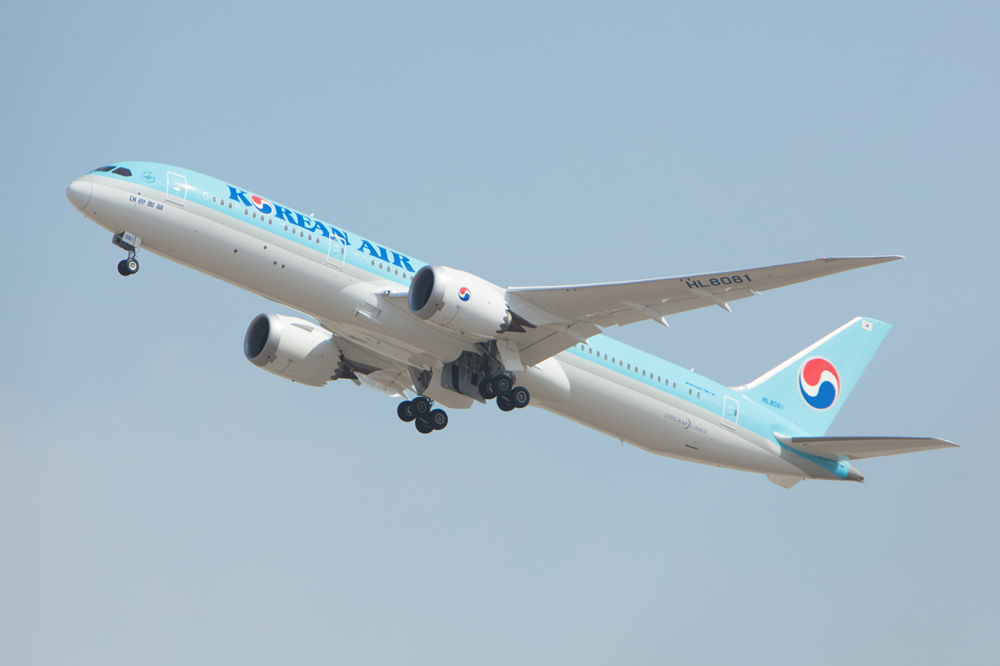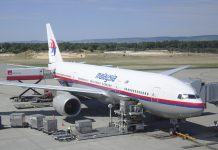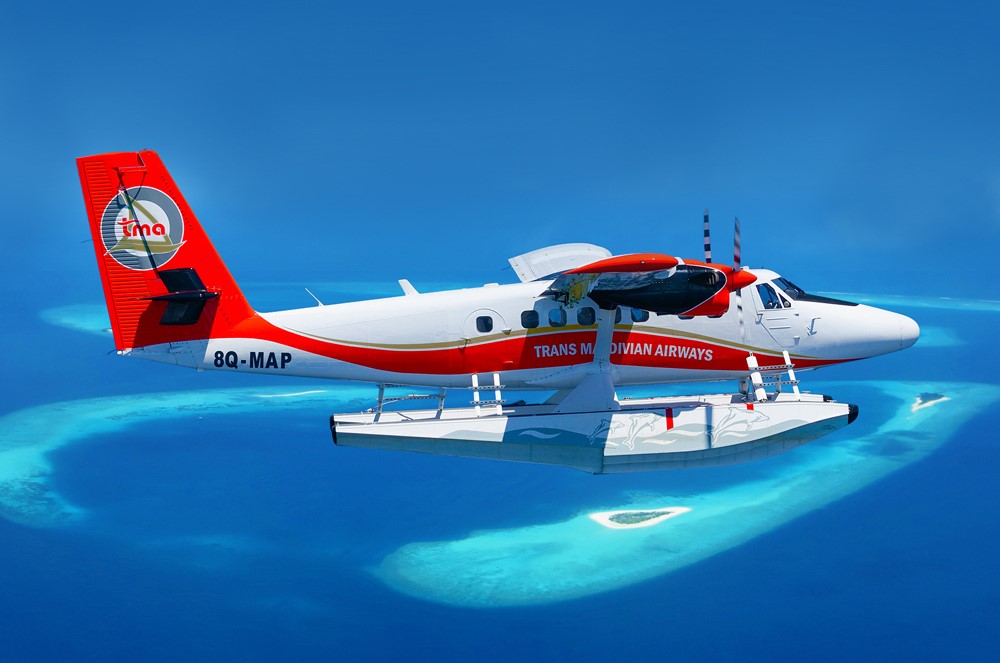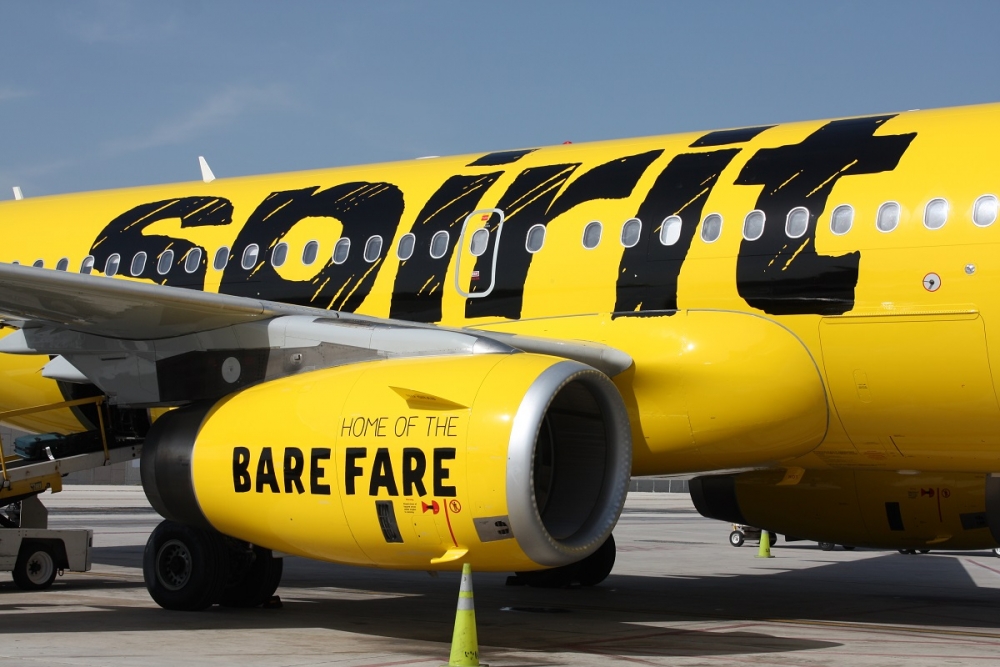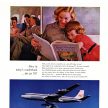The conventional wisdom that Qantas and Virgin Australia have the Australian domestic airline market locked up has been challenged at an aviation conference by arguments there remains scope for an ultra-low-cost carrier or an operation backed by Chinese interests.
The dual brand strategy pioneered by Qantas and Jetstar and later adopted by Virgin and Tigerair is seen as a major hurdle for new entrants to the Australian domestic market but some believe there are still gaps in the defence.
Malaysia Airlines chief executive Peter Bellew, who is also a former executive with budget carrier Ryanair, predicted ultra-low-cost carriers would become a growth area globally and that there was an opportunity for a start-up in Australia.
Ultra-low-cost carriers offer rock-bottom fares but charge fees for everything else. US carrier Spirit is one example of a ULCC.
“We haven’t got one in Australia at the moment,’’ Bellew told the CAPA Australia Pacific Aviation & Corporate Summit in Sydney on Tuesday.
“I suspect there’s probably a couple of kids in a university in a Sydney dorm or a university right now looking at the two legacy carriers, Virgin and Qantas, and plotting and scheming some devious plans for a third carrier, an ultra-low-cost carrier.”
Bellew said the ultra-low-cost carrier model had generally worked well everywhere.
“I‘m taking really bare bones, charging you for absolutely everything and starting at a bootstrap mentality,’’ he said.
Asked how an Ultra-low cost carrier would differ from Qantas low-cost subsidiary Jetstar or Virgin’s Tigerair Australia, Bellew said both were “ lowish” -cost operators.
“They don’t come anywhere near the cost base of a Ryanair or an AirAsia and it is possible to go lower than that again,’’ he said.
Alan Polivinick — a Bangkok-based partner with international law firm Watson, Farley and Williams — had earlier told the conference that Australia’s liberal approach to foreign investment in airlines made it easy set up a domestic carrier.
Polivinick said there was a gap in the Australian market and he was watching with interest for a Chinese airline or big tour operator to work out it could set up its own airline rather than pay Qantas or Virgin to fly its passengers around.
“That is potentially one of the biggest threats to Australian carriers in their own market and I think that’s one to watch,’’ he said, adding the caveat it could be harder to keep a foreign-owned carrier flying.
Speaking after his presentation, Polivinick said it was less likely that carriers with existing relationships in Australia would follow this path.
“It could be any of them, there’s nothing to stop them from doing it, but Air China’s the obvious one that’s not involved in any way here,’’ he said.
“But I think in terms of who might actually do it, it’s probably likely to be one of those big Chinese outbound operators.
“You can see what they do in South-East Asia — they run the bus companies that drive the people around.’’
The law firm partner said a tour operator could pitch the operation on the basis that it would not be using peak slots in major airports.
It would not have to be a fully-fledged airline and because the company was selling a complete package in China it could construct the tour to take advantage of quieter times at airports.
“If you had a 3 pm slot in Sydney on a Sunday then you factor the tour around that,’’ he said.


